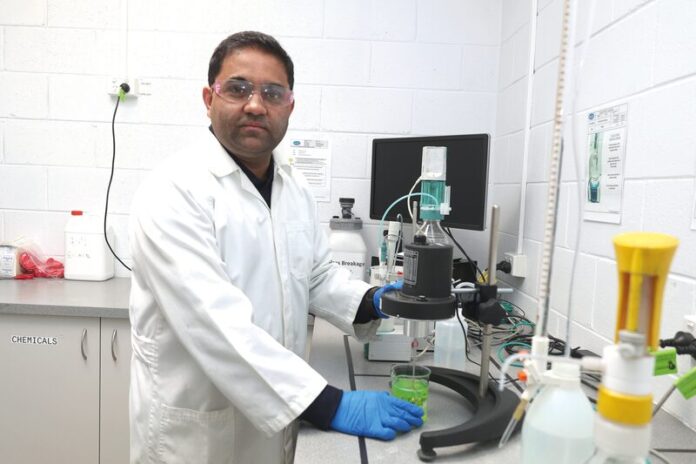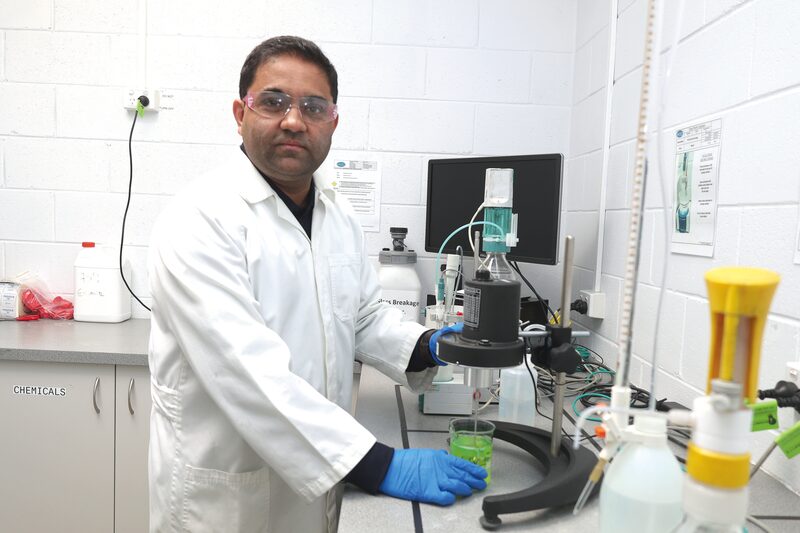
By Tabish Ahmad, research scientist (Australian Prime Minister’s Youngest Distinguished Global Talent Awardee
SUSTAINABILITY is becoming an increasingly critical issue in aviation globally, and Australia is no exception. The current and future scenario of aviation is shaped by several factors, including demand for air travel, technological advancements, government policies and regulations.
The pandemic created significant decline in air travel, which has had a major impact on aviation globally. Despite this, the industry is expected to recover with travel restrictions lifted and demand for travel returning.

There is also increasing pressure on the industry to reduce its carbon footprint, and companies are developing new technologies to make air travel more sustainable, such as electric and hybrid aircraft, biofuels, and sustainable aviation fuels.
Finally, the development of new air travel routes, particularly to Asia and other regions, is also likely to shape aviation in Victoria. The state is well-positioned to take advantage of this growth, with several airports and aerospace companies located in the state, including around Greater Shepparton.
Some specific examples that are being implemented to increase sustainability include:
- Sustainable Aviation Fuels (SAFs): SAFs are an alternative to traditional fossil fuels, and the aviation industry is exploring their use to reduce its carbon footprint. SAFs are made from sustainable feedstocks like waste fats, oils, and greases. They can reduce greenhouse gas emissions by up to 80 percent compared to traditional fossil fuels. Dovetail Electric Aviation of Victoria is one the startups working in this sector.
- Electric and hybrid aircraft: The industry is exploring the use of electric and hybrid aircraft to reduce emissions and make air travel more sustainable.
- Carbon offset programs: Many airlines in Australia are participating in carbon offset programs, which allow them to offset the carbon emissions generated by their flights by investing in renewable energy and sustainability projects.
- Fuel-efficient aircraft: The aviation industry is investing in the development of more fuel-efficient aircraft, which use less fuel and generate fewer emissions.
- Recycling and waste management: Airlines and airports in Australia are implementing programs to reduce waste and recycle materials, such as food and beverage packaging.
These are just some of the initiatives and technologies being implemented in Australia. Facing increasing pressure to reduce its impact on the environment, the industry is continually exploring new ways to reduce its impact on the environment.
Australia has a role to play in the development of the global sustainable aviation. Our abundant renewable energy resources and options for harnessing biomass and waste as a fuel source are natural advantages we could use as the global sustainable aviation fuel sector matures.





